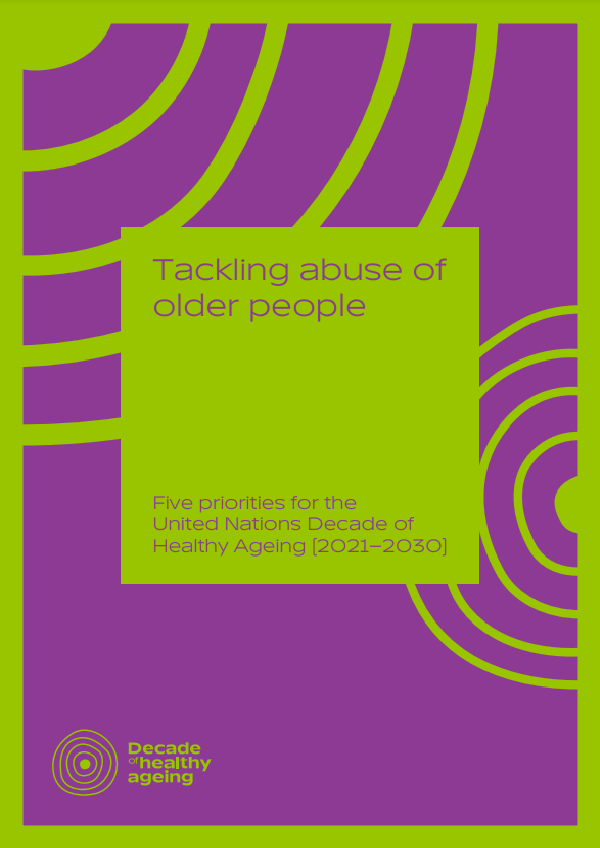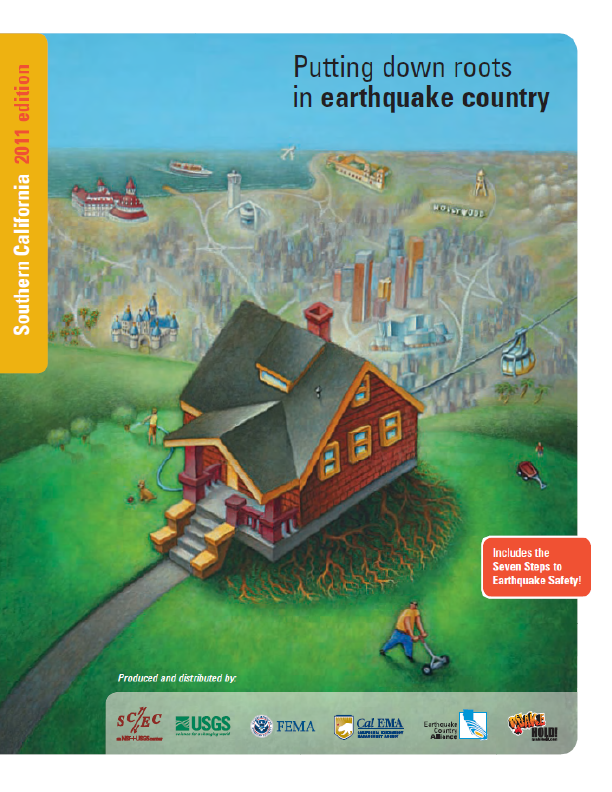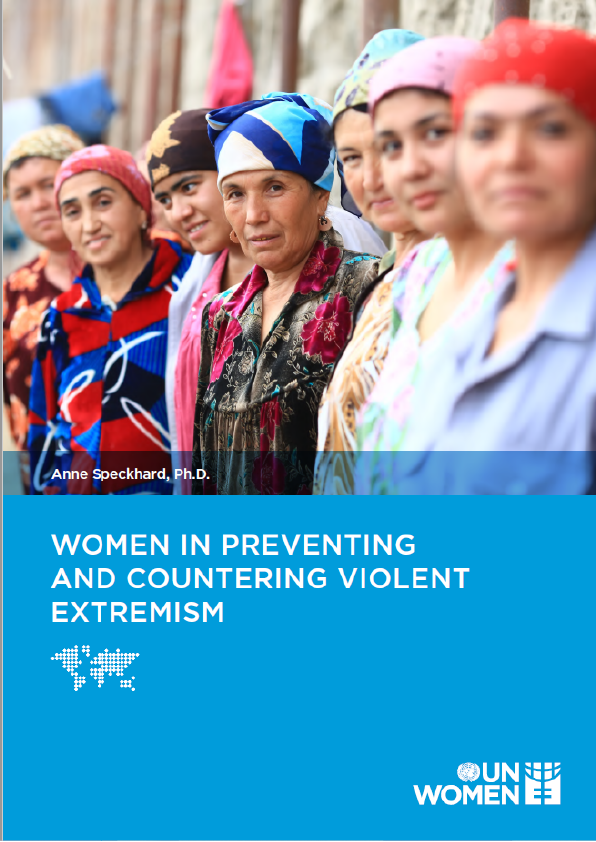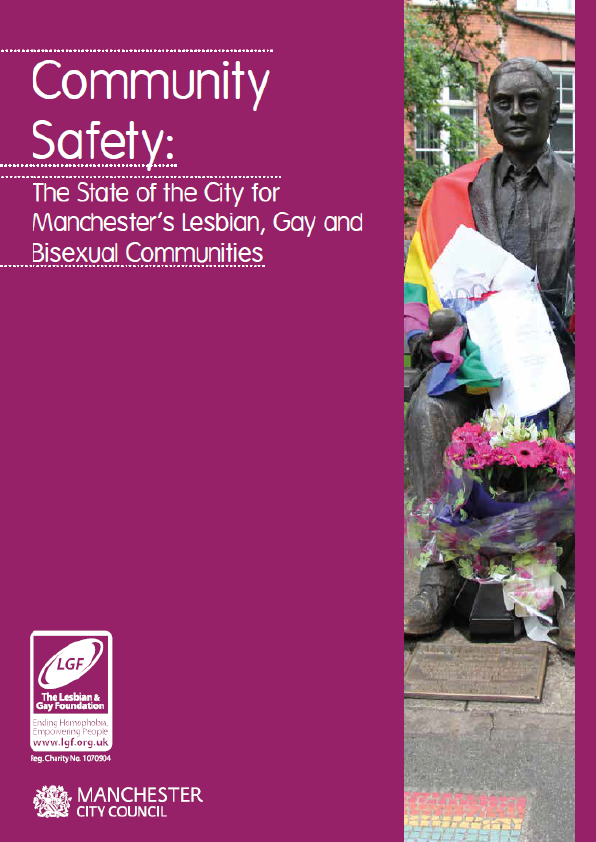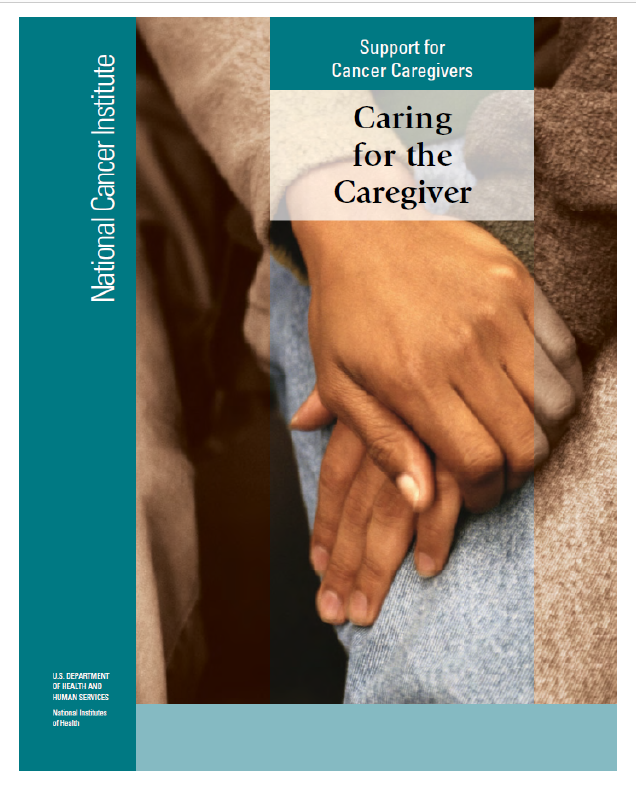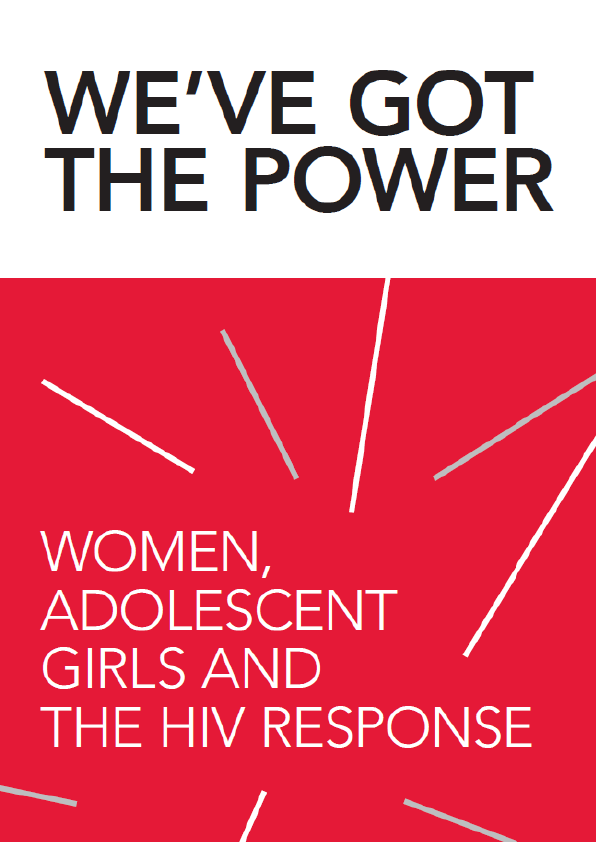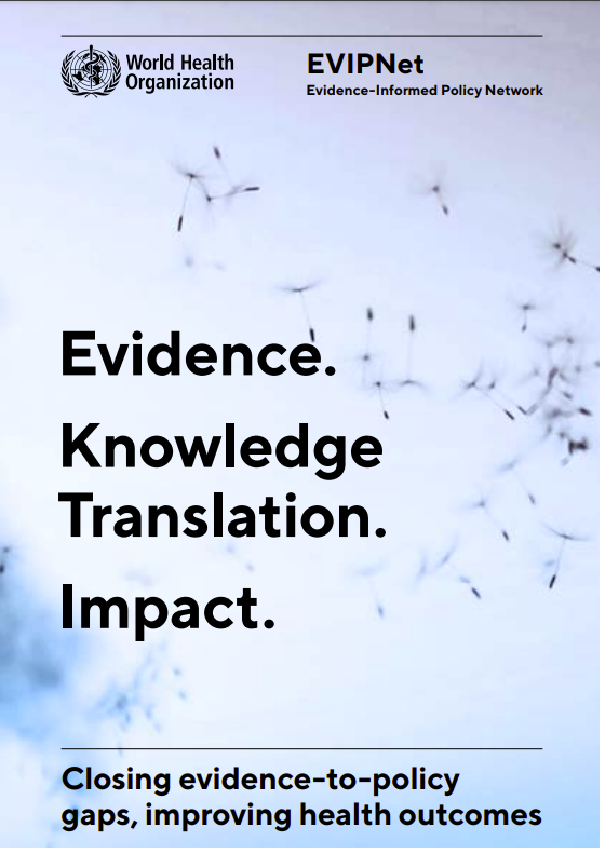Globally 1 in 6 people aged 60 years and older experience abuse in the community every year. Rates in institutions are even higher. Yet, abuse of older people (also known as elder abuse) remains a low global priority. The UN Decade of Healthy Ageing 2021–2030 offers a unique 10-year opportunity for a step-change in how abuse of older people is tackled.
This document outlines five priorities to prevent and respond to abuse of older people:
- combat ageism;
- generate more and better data on prevalence and on risk and protective factors;
- develop and scale up cost-effective solutions;
- make an investment case for addressing the issue; and
- raise funds to tackle the issue.
If governments, United Nations agencies and development organizations, civil society organizations, academic and research institutions, and funders implement these priorities, we can reduce the number of older people worldwide who experience abuse and contribute to improving their health, well-being, and dignity.
Abuse of older people: a serious problem that has received too little attention
The World Health Organization (WHO) defines “elder abuse” or “abuse of older people” as a single or repeated act or lack of appropriate action occurring within any relationship in which there is expectation of trust that causes harm or distress to an older person.1 It can occur in either community or institutional settings and can take many forms, including physical, psychological, financial/material, sexual abuse and neglect (2). WHO has estimated that one in six people aged 60 years and older experiences some form of abuse in the community annually (3). In institutions, such as nursing homes and other long-term care facilities, the rates of abuse of older people appear to be higher still, with two of three staff reporting that they have abused an older person in the past year (4). The number of older people who experience abuse is predicted to increase, even if its prevalence remains constant, as many countries are experiencing rapid population ageing. By 2050, the global population of people aged 60 years and older will more than double, from 1 billion in 2019 to about 2.1 billion (5).
Abuse of older people can have serious consequences, including premature mortality, physical injuries, depression, cognitive decline, poverty and placement in long-term care institutions (6–8). Yet, despite its extent and severity, abuse of older people remains a low global priority. It receives little attention from international and national organizations and governments (9–12) and few resources (10, 13).
The United Nations Decade of Healthy Ageing 2021–2030
The United Nations Decade of Healthy Ageing 2021–2030 (“the Decade”) offers a unique 10-year opportunity to address the abuse of older people in a concerted, sustained, coordinated way. The Decade is a global collaboration among governments, civil society, international agencies, professionals, academia, the media and the private sector to improve the lives of older people, their families and the communities in which they live. The Decade plan focuses on four priority action areas (see Box 1). Within the Decade, abuse of older people is recognized as an important issue that cuts across the four action areas (14); however, there is currently no coordinated approach to tackling abuse of older people.
